
A report in Public Library of Science (PLOS) Medicinesuggests that family size can greatly influence the development of stomach cancer linked to the bacteriumHelicobacter pylori. The new study, conducted by New York University Medical Center researchers Martin J. Blaserand and Guillermo Perez-Perez, found that younger siblings from large families appeared to be especially vulnerable to the most common type of stomach cancer.
H. pylori, lives in the mucous layer lining the stomach and is associated with stomach cancer and peptic ulcers. It is transmitted orally from person to person and through contact with human feces. It has been estimated that half the people in the world carry the bacterium in their stomach.
Working with data from more than 7,000 Japanese-American men over a 28-year period, the results showed that those men who carried certain strains of the H. pylori bacterium in their stomachs and came from families of seven or more siblings were more than twice as likely to develop stomach cancer compared to carriers who had one to three siblings.
The researchers also assessed whether the risk of stomach cancer was associated with the age difference between siblings. They found that for a type of cancer called intestinal-type gastric cancer, birth order influenced the risk of cancer. In other words, those who had this cancer were likely to be younger siblings.
Blaser says that it is possible that the findings could be due to factors such as other childhood infections or stress associated with large families. However, he believes that the extraordinary genetic adaptability of H. pylori explains how this bacterium can “pre-adapt” to a genetically related individual, setting the stage for the development of cancer 50 to 70 years later.

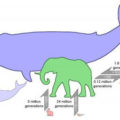







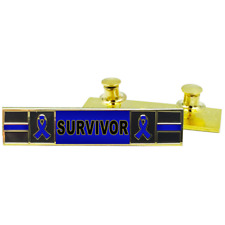

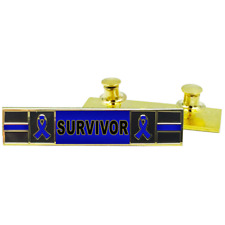

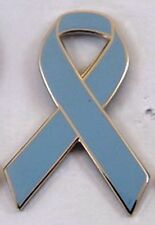



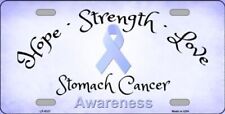
Comments are closed.